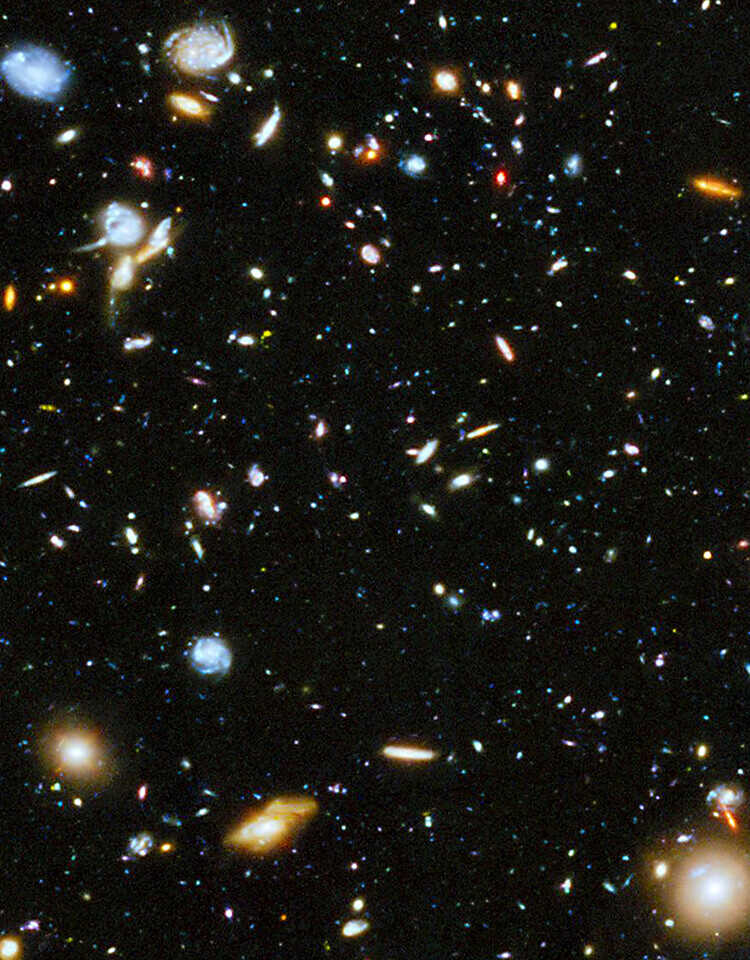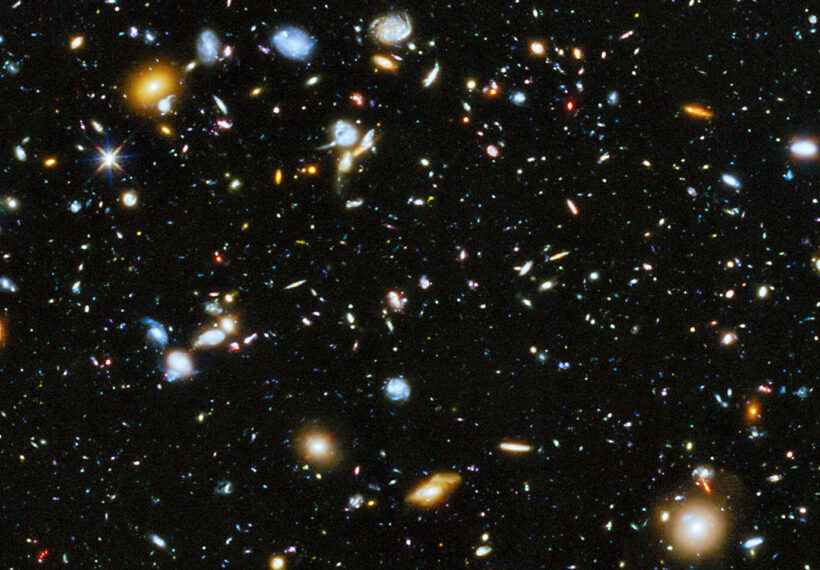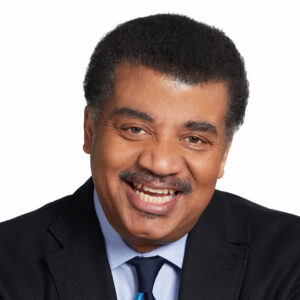About This Episode
Can nuclear fusion become the ultimate renewable energy source? Neil deGrasse Tyson and co-host Chuck Nice answer fan questions about transporters, the smallest unit of time, expansion, and other ideas that push the boundaries of our understanding of the universe.
The discussion begins with an exploration of nuclear fusion, the process that powers the stars. Neil explains the difference between fission and fusion, and the challenges of achieving controlled fusion on Earth and the potential it holds for revolutionizing our energy systems. They touch on recent breakthroughs that have brought us closer to harnessing fusion power, highlighting the promise and obstacles that remain.
Next, the duo examines the expansion of the universe, explaining why objects farther away from us appear to be receding faster and what this tells us about the nature of cosmic expansion. Neil offers insights into how time dilation affects our perception of movement and how the principles of relativity can lead to surprising conclusions about everyday phenomena.
The episode also tackles the origins of the cosmic microwave background (CMB) and how scientists have calculated the time between the Big Bang and the formation of the CMB. Neil emphasizes the importance of well-established physics in these measurements, demonstrating how precise observations and theoretical predictions work hand in hand to deepen our understanding of the universe.
We explore the possibility of measuring time shorter than a zeptosecond. They also touch on the limitations of our current technology and the philosophical implications of measuring the infinitely small. Finally, they consider the feasibility of Star Trek-style transporters, with Neil offering a scientific perspective on why such technology might not be necessary if future advancements, like wormholes, become a reality.
Thanks to our Patrons Day53, May Jo Williams, Tisha Bernal, Jeff Holcombe, Lorenzo & Elisabetta, C Hahn, Charles Maluf, Paul Levine, Crystal Barnes, and Peter Brush for supporting us this week.
NOTE: StarTalk+ Patrons can listen to this entire episode commercial-free.




 Unlock with Patreon
Unlock with Patreon

 Become a Patron
Become a Patron